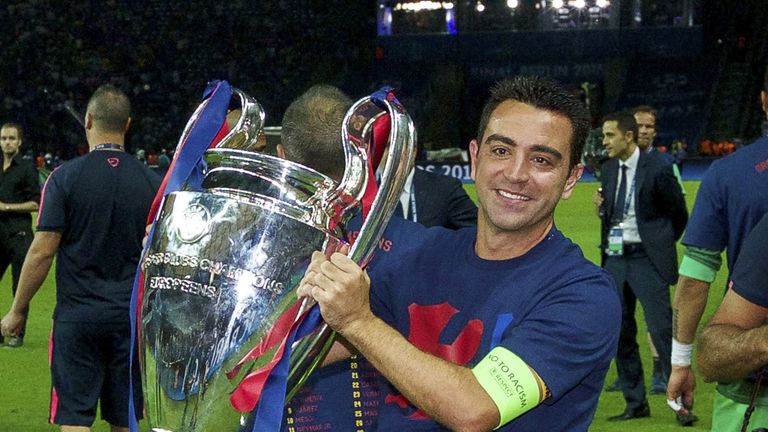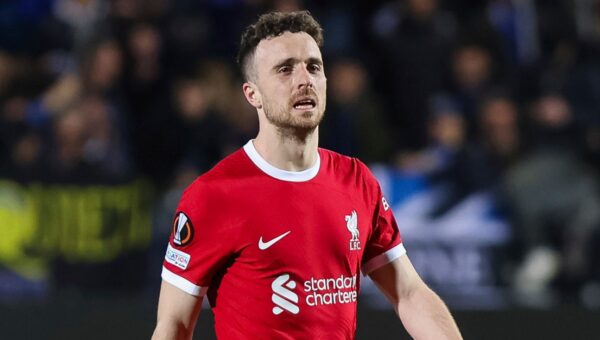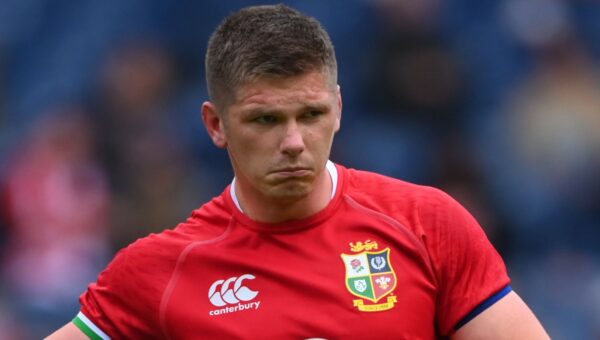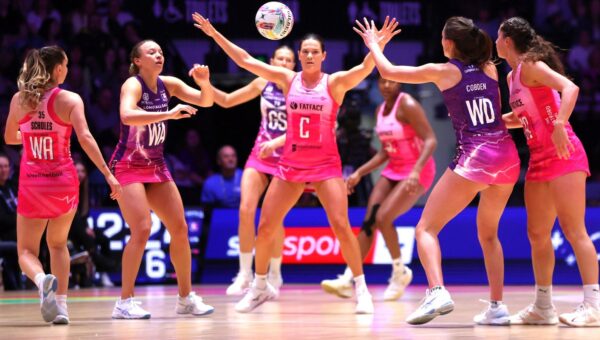Andries Jonker interview: Women do not switch off like men but Xavi is the best I have coached, says Netherlands boss | Football News
Ask Andries Jonker to explain the difference between training men and women and he returns to his past for an example. It is December 2002 and he was deputy director of Louis Van Gaal in Barcelona and cannot believe what he has just seen.
Newcastle is visitors to Camp Nou for equality of the Champions League and a player kept the post away for a corner of Barcelona. Except that he has his left hand on the post and his right hand on his hip. These hands are still there when Thiago Motta heads.
“He really rested,” said Jonker Sky Sports. He does not name the player, but Newcastle supporters will not need to remember that it was Kieron Dyer. The Dutchman still remembers the time 23 years later. He was an opposition player, remember. “With men, I can’t bear it. I get angry. You shouldn’t do that. It is impossible.”
What about women? “Women don’t do this. They don’t. I have never seen a woman standing like that like the ball between. He was not even our player, of course. But it is an example of different behaviors between men and women, and therefore my different behaviors.
“It does not make sense for me to get angry now because, in my opinion, the women with whom I work always give their best. You don’t have to wake them up. With men, you sometimes have the feeling, go, be careful. It’s your job. You have to work.”
Jonker, who will run the Netherlands at Euro 2025, is an aberrant value in the women’s match. As its story on this night in Barcelona suggests, it was a coach who worked at the top of the male match for many years, to help Van Gaal in Bayern Munich.
Arjen Robben congratulated him for bringing joy to training to Bayern. Arsene Wenger, with whom he worked at Arsenal, attributes a key role in the development of structures that helped produce a generation of high -level Dutch talents.
But the best player with whom Jonker has ever worked is a Catalan. “It must be Xavi in Barcelona,” he replied, without hesitation. “He was not tall. He was not fast. He was not really physically strong. But at the head, I saw no player better than him.”
He adds: “He was exceptional. It was his orientation on the ground, still sweeping, always positioning his body in the best position. He was two feet and never in difficulty. There was always time and space for him to play but he created it alone.
“You saw players get prices to be the best player. It was always for the top scorer, for Cristiano Ronaldo or Lionel Messi. Of course, they are also exceptional. But we should have given Xavi a price for, for 10 years, the best midfielder in the world.”
At 62, having worked with the best, what prevents Jonker on grass? To explain this, he has another story, it is a little more personal. His mother, 86, had to enter a care house. Jonker and his brother started cleaning the family home.
“We found all kinds of football related to football when I was only eight or nine years old,” he said, smiling. There are old boots. There is a book that collects photos of players from the 1969/70 season. There is even a model of a football player he did when he was a child.
“At least, it looked like a football player. I had to be seven years old. But it shows that it was in the bones. I was really passionate about football even. It is really great to see everything again, to feel this passion. It does not disappear. He is still there. I love football.”
Naturally, he names Van Gaal as one of his greatest influences. The others are not a big surprise either. “I come from Amsterdam,” he said, as if that were the whole explanation. “The influence of Rinus Michels, by Johan Cruyff … It made me the football lover that I am.”
He had to adapt his ideas, of course. “Men and women of this century cannot be compared to men and women of the last century. The game has developed a lot physically, it is at a higher tempo, so the brain and the feet must be faster.”
He stops saying that football is better. But he believes he is a better coach. “You are developing with the game, new influences come. In the end, you find yourself becoming a completely different coach. I am much better now than 20 years ago.”
The first experience of Jonker coaching in the female game came before that, by working with Dutch young people. It was then that he first noticed how it brought out different qualities as a coach. “Immediately, I felt that I was doing it differently,” he reveals.
“At the time, I thought about it. Why am I talking about girls differently than boys? I spoke in a different tone. I had more patience. Maybe that was how I was raised, the moment when I was raised. But it went well and I decided it was like that.”
It is not as if he did not ask. He awaits large expectations as for his team before Euro 2025 and was disappointed by their demonstration against Germany and Scotland in early June. Hope is that a short break has rejuvenated a team it maintains is strong.
“On paper, it may be the best team we have ever had.” Bold discussions since Sarina Wiegman, whose English team will have during the group phase in Switzerland, won this tournament with the Netherlands in 2017, to reach a final of the World Cup.
“Sarina succeeded with 10 or 11 exceptional players and managed to keep them in shape. Of course, the others helped. But we had 15, 16 or 17 players at the highest level.” Now there are more options. “I have difficult choices. It’s a big difference.”
Many of what Jonker describes as “Golden Generation” of the Netherlands – think of Vivianne Miedema, Sherida Spitse, Danielle Van de Donk, Jackie Groenen, Shanice Van de Sanden, Dominique Janssen and Jill Roord – are still there for this tournament.
MIEDEMA fought to be ready, marking twice against Finland in the last warm -up match. “She is a world class player and worked very hard, bringing a physio with her on vacation, training with [partner] Beth [Mead]. We do everything to format it. “”
But others are now emerging too. “With young talents like Veerle Buurman, Esmee Brugts and Wieke Kaptein, it’s special. And that’s an opportunity. When the oldest stops, Arjan Veurink must do a lot of work on the creation and the constitution of a new team.”
The mention of Veurink, who, in a delicious coincidence, will help prepare England to face the Netherlands in his role as Wiegman assistant, is a reference to the fact that Jonker must be replaced at the end of Euro 2025. The change was not his choice.
“I was surprised and disappointed. There are many other things to say, but that’s what I can tell you.” Until then, his task is to prepare his team for group matches against England and France – but only after their opening match against Wales.
“Everyone in my environment seems to think that Wales is a piece of cake. And I think they are all wrong. I think the Wales is hard. I have no sand in my eyes.” Group favorites? “It will be in better shape or perhaps who is most lucky.”
For Jonker, hope is that he can tilt himself in style. “When I accepted the work, I said two things. The first, I wanted to take advantage of a World Cup and a European championship. The second thing was to help women football take a few steps. I think we took it.”
He explains: “We play very attractive football and we try to inspire, in particular, children who like to play football. And that is what we managed to do. And that would be the crown of my work if we could do very, very, very well this tournament.” But what does that mean?
“The best thing we can do is win the tournament,” he said. But perhaps in a nod to these inspirations from the past, Michels and Cruyff, as well as the little boy who loved the football game, he adds: “At the very least, we have to play a big tournament.”








